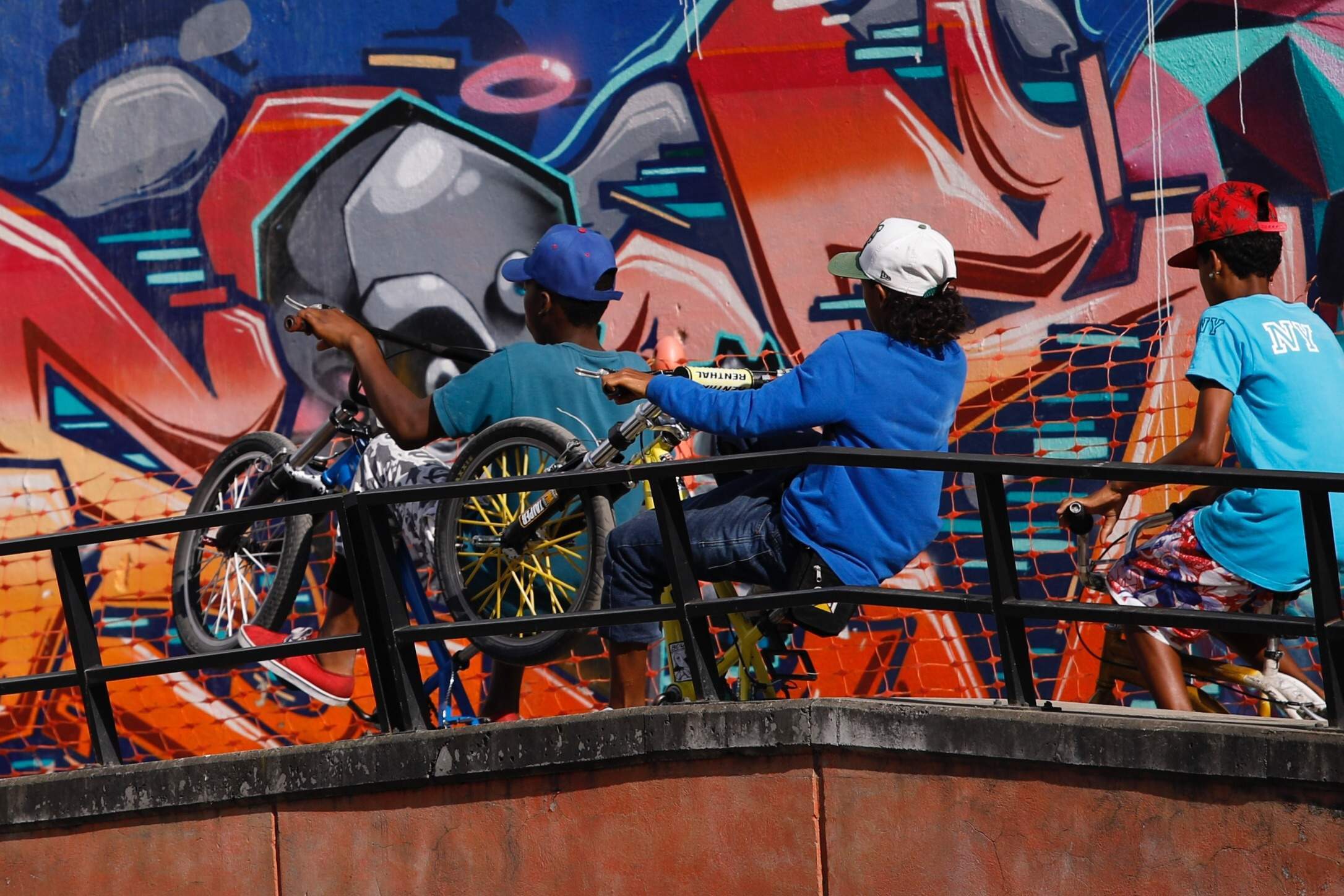
Work stress is a huge problem. Britons had 11.7 million sick days due to work-related stress, anxiety and depression in 2015/16, according to the latest Labour Force Survey. That’s almost half of all the total number of sick days taken that year. Last month, I was one of these statistics.
I was burnt out, and took a handful of days off work over the course of a month. In the moments of reflection between Netflix binges, I realised everything in my life was serious and productive, and I’d forgotten about fun.
Scott Eberle, vice president of play studies at The Strong’s American Journal of Play, says that play makes us more sociable, alert and responsive. “We’re more edgy, out of shape and isolated when we fail to make time for play. We’re less creative and productive, too,” he told me.
As adults, we tend to turn activities like doing chores and seeing friends into serious affairs. And somewhere on the way to adulthood, exercise morphs into a data-driven task where the only game is numbers. Children exercise by running after each other and using their imagination, because their number one priority is to have fun and they look for it everywhere.
During my endeavour to play more, I spoke to a woman who was a child during the Second World War. Her family and neighbours spent a lot of time in a bunker as planes bombed the London sky beyond them, but she only remembers her and her friends playing games to pass the time.
Eberle said many of us fall into a trap of working, then switching off by watching television. “Americans spend on average about five hours per day watching television. TV-watching isn’t play,” he said.
Larger forces are at play here, too; there is a social pressure to act seriously. But it extends beyond the circumstances where seriousness is required. Why else would an adult think twice before (safely) whizzing down a supermarket isle on their trolley?
Stuart Brown, author and founder of the National Institute of Play, has spent decades researching play, and found a lack of play in the lives of men who committed murders. “There are 6,000 detailed play reviews, from authors ranging from murderers to Nobelists; and the evidence for the life benefits from healthy play, and the consequences of major deprivation, is solid,” he says. “To live life fully requires play at all stages of living. It is more crucial in infancy and youth, but always necessary for optimum health.”
***
I started my quest to reintroduce play into my life with Oxygen Freejump in London, a giant room of trampolines, with balance beams and ball pits filled with sponges. For one hour, I was free to bounce.
Rules stated I had to just wear socks, which opened up a fast-track into a child’s mentality. But none of my fellow jumpers looked above the age of 15. Any other adults in there were standing at the sides in shoes and jeans, smiling at their children with their arms folded. It appeared not to have occurred to any of them that being on the shoeless side could also be a legitimate way for them to spend an evening.
I felt a bit self-conscious at first, because I had no context of how to act. But I quickly become accustomed with throwing myself around corners, galloping instead of walking, jumping into the pit of foam sausages, and spinning round to the cheesy disco music.
But I didn’t completely let go: I caught myself wondering if the session would burn off the burger and chips I’d eaten that day.
Next on my fun list was indoor crazy golf in Shoreditch, East London. Unlike the trampolining, however, this place was filled exclusively with adults. I noticed a giddy excitement in the room; the kind conjured by adults taking part in “adult fun,” where we play along to the role of excited adult acting doing something childish.
Then, I found myself in Ikea one morning, stocking up on Dime bars and worrying that my plans to climb a tree that afternoon would fall through. As I stood the queue, fretting out loud that I wouldn’t have time to have fun, my boyfriend pointed out that we’d laughed our way round the store.
I decided to plan less, before the stress of factoring play into my life grew to the size of the stress I had in the first place. Children don’t go looking for fun; it comes to them. The adult equivalent must be how we tell each other the right job or partner will come along once you stop looking for it.
I started to enjoy walks, instead of use them to check emails and brainstorm work. I made a conscious effort to let go of the worries and self-consciousness that would’ve otherwise brought a dampener on the exercise I did, the comedy show I went to see, and the book I read.
In an article for the New York Times titled ‘The right way to fall,’ the author wrote, ‘Young children are arguably the best fallers because they have yet to develop fear or embarrassment, so they just tumble and roll without tensing up and trying to catch themselves’.
One way to help lower stress could come from not letting fear of falling behind – at work or elsewhere – stop us from having fun. And always, always striving to take our shoes off in public.





